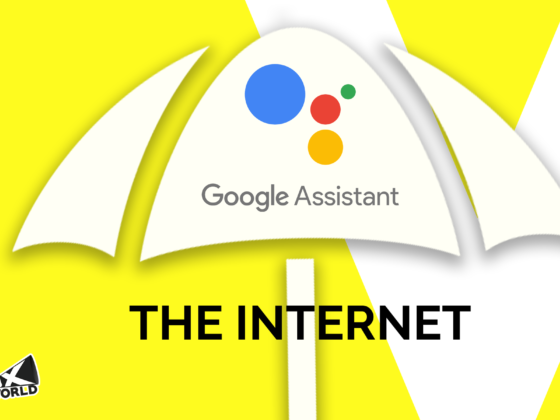Here’s a prediction for you: Google Assistant will replace google search entirely within 5 years.
Sooner, even.
Think about it. What is Google’s ultimate aim? To find THE right result for the user.
That’s why it’s taken on the burden itself of finding hotel rooms, flights, deals and just about anything else it can right there in the search engine results pages.
It’s consumed all facts (more or less) within its knowledge base and it’s even pulling website content into the search results pages in featured snippets to save users the trouble of visiting the site.
Now Google Assistant will replace the voice search on Google search.
And what does a voice interface mean for search results?
Result Zero wins. The holy grail. One result. The best result for your needs based on your context.
And.
Google Assistant is also text-based. So why not replace the search bar entirely with a conversational AI? One where search refinements aren’t refinements at all, but clarifications:
“What year was Rob Williams born?”
“Did you mean actor Robin Williams or singer Robbie Williams?
“The actor.”
That’s not a search refinement, it’s a clarification statement.
Google is able to take your first search term and turn the interaction into a turn in a conversation.
When you have a follow up query, there’s no need to head back to the search bar and delete what you’ve just typed, you can just continue:
“And when did he die?”
Google has been working at integrating the web into Google Assistant for a while starting with the beta launch of speakable markup. This allows web editors to mark up specific sections of content to be read by Google Assistant.
Then look at the last I/O ‘19. Google released the ability to turn YouTube videos into tutorials on the Assistant and web-based ‘How to’ tutorials, too. And featured snippets appear in Google Assistant all the time.
It doesn’t stop there
It goes deeper than that. In-app actions mean that not only can Google Assistant serve website content, but it can also pre-populate Android apps with spoken or typed phrases from Google Assistant.
If you say:
“Hey Google, book me a small hire car for Tuesday”
In-app actions will allow Google Assistant to pre-populate the Enterprise Car Hire app with ‘small car’ and pre-select ‘Tuesday, all day’ as the date.
Once this has been rolled out, it’s obvious that the next step is to work on an integration that goes the other way: from the app, into Google Assistant.
This way, you’ll be able to book your car, hotel, flight, cinema ticket or do anything else you use apps for, right there in Google Assistant, without needing to open the app at all. It’ll just use the app’s APIs and a conversational layer that you’ll be able to include in your apps through a more robust in-app actions feature.
At I/O’19, Google changed its mission from ‘organising the world’s information’ to ‘helping people get jobs done’ and in-app actions aren’t part of that.
So, once you have in-app action integrations working both ways, the APIs and language models can be broken out of the apps and surfaced through Google Assistant on the web, which will add reliable capability to ‘get jobs done’, right from within the most popular website on the planet.
So my prediction, again: Google Assistant will be the front end to the entirety of Google Search within 5 years.
Imagine that. The words information condensed into a simple conversation. All of the Android app functionality available instantly over the web using the same APIs.
So if you have a website or an app, regardless of what your business does, you should consider whether to brace or embrace.
Brace yourself to be forgotten or embrace voice first and jump into Google Assistant this year.




